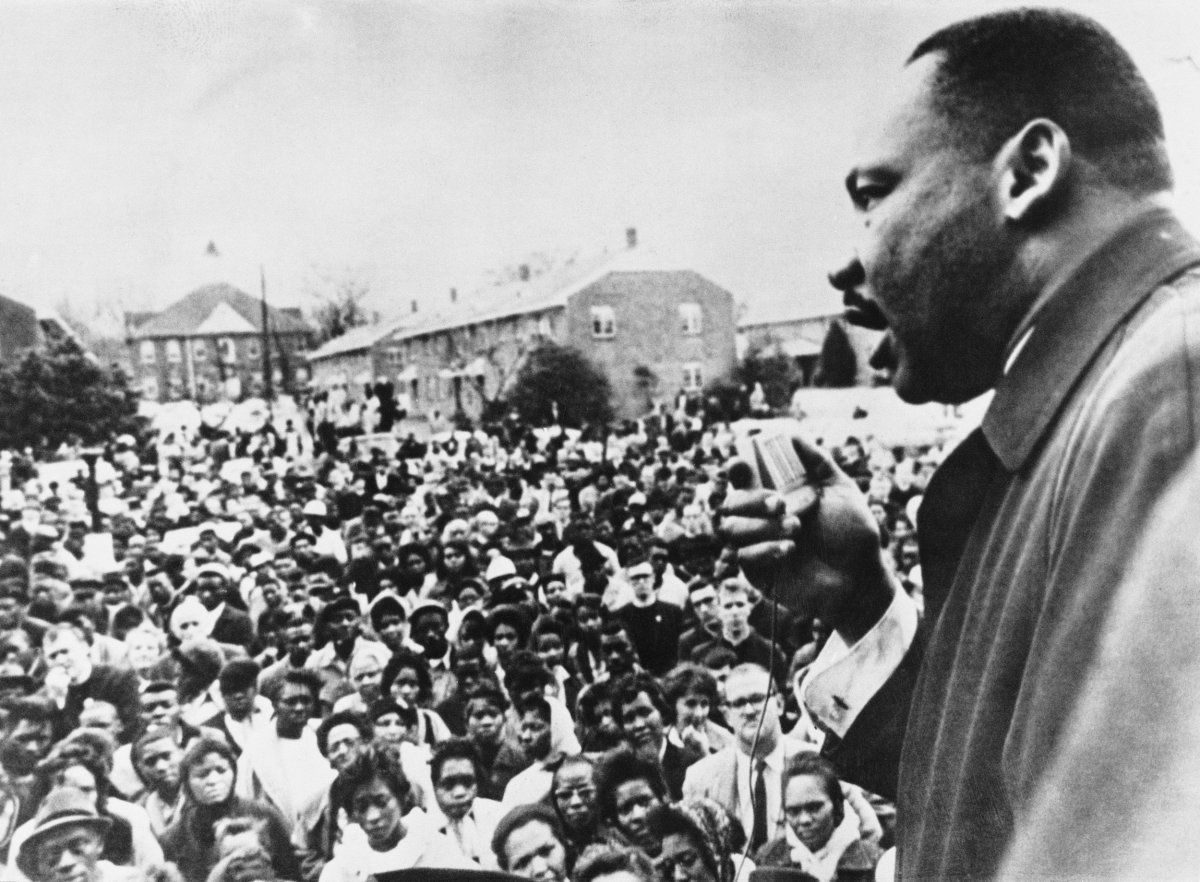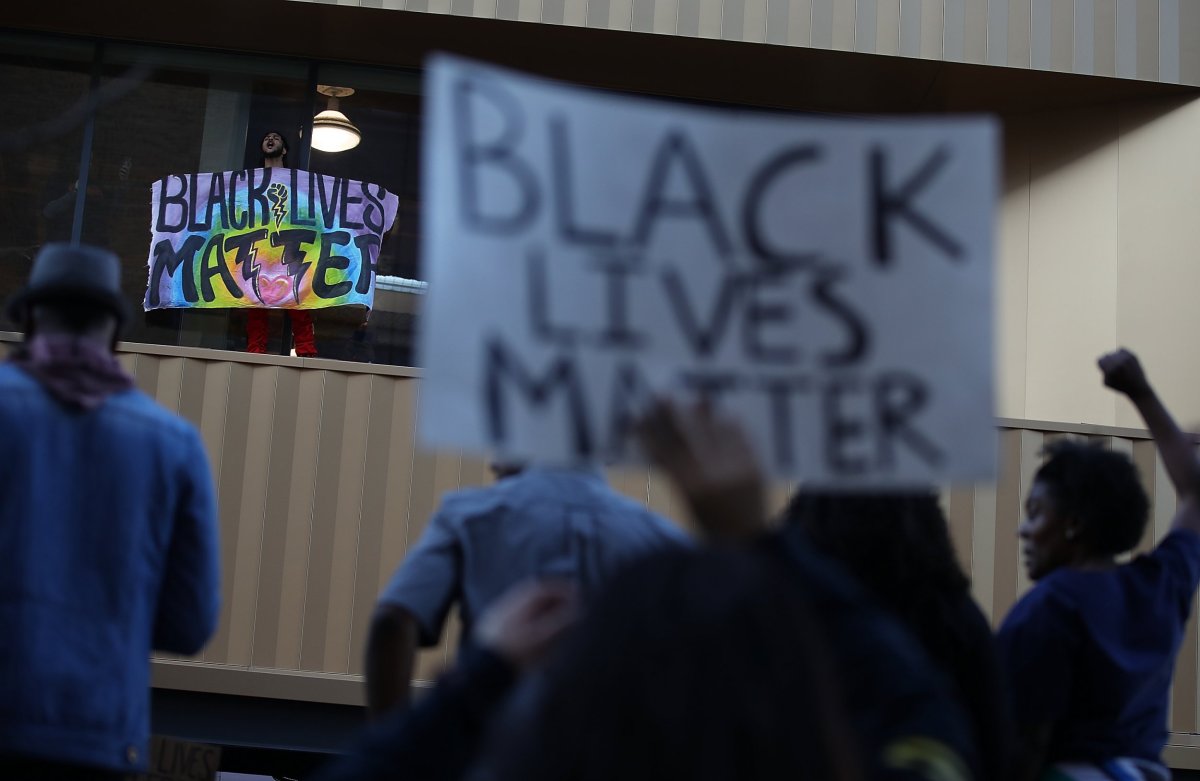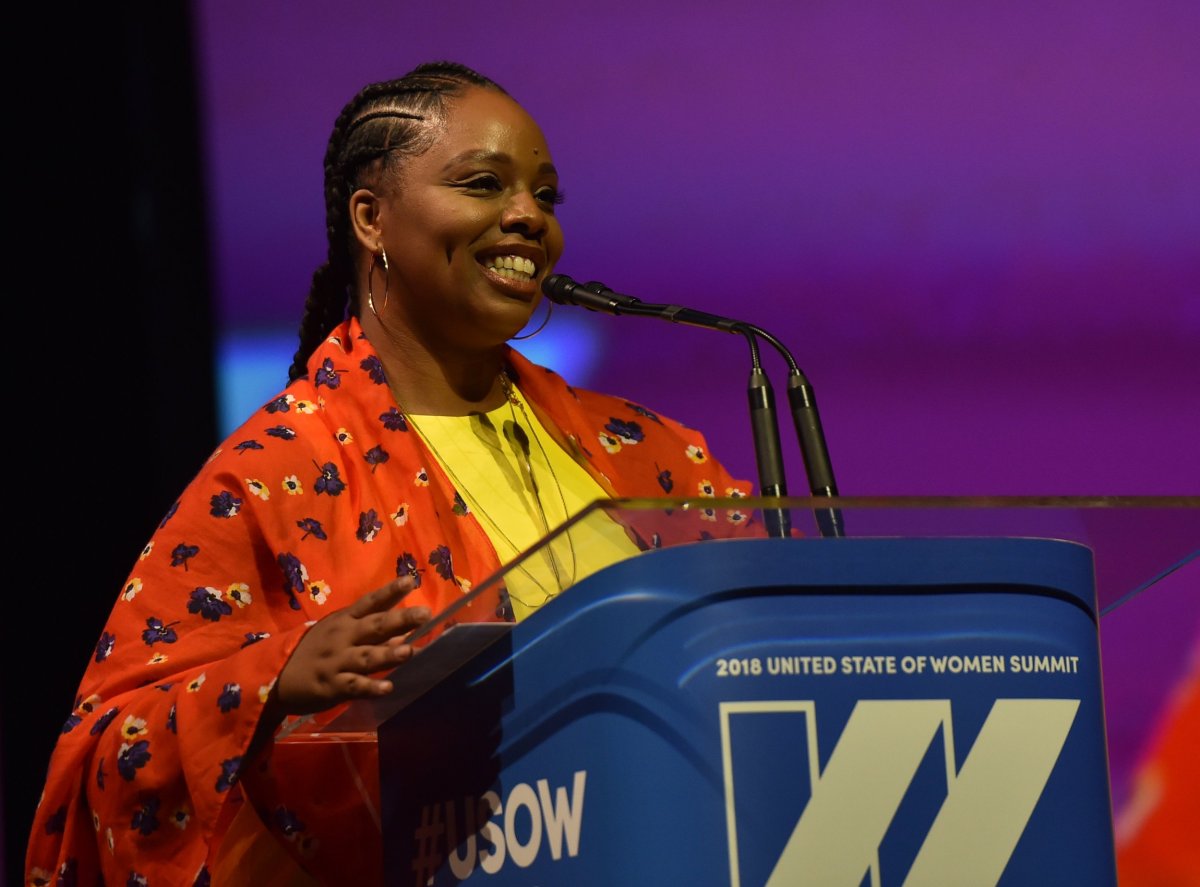The fifth anniversary of the founding of Black Lives Matter (BLM) makes me think back 50 years, not five. Shortly before he was killed, Martin Luther King lamented that the gains of the civil rights movement had come at "bargain rates" because it cost America nothing to integrate lunch counters and buses or give Blacks the right to vote.
King knew that the real fight—against systemic forces such as the criminalization of African-Americans—lay ahead. As a 10-year-old growing up in Memphis, Tennessee, I did not understand—I just saw what looked like visible progress until King was killed, and it seemed like the progress not only stopped, it rolled back.
The young activist started at 26 and was dead at 39. Richard Nixon's nefariously designed "war on drugs" came next, fueling the over-policing and mass incarceration of Black bodies.

Read More: Black Lives Matter: 5 Years on, What Has the Movement Achieved and Where Will It Go From Here?
Fifty years later, we are in the middle of another attempt to reckon with our national failure to achieve real and sustainable progress toward racial justice.
Five years ago, a group coalesced around the leadership of Patrisse Khan–Cullors, Alicia Garza and Opal Tometi and Black Lives Matter came into being. National awareness of issues around policing in America has grown significantly since then because BLM and other community-based organizations are forcing America to take a clear look at what we are really doing in the name of "policing" in Black and brown communities.
Their public actions are visible. They were leaders in making sure that America knew the names Trayvon Martin, Tamir Rice, Tanisha Anderson, Mya Hall, Walter Scott, Sandra Bland. They have disrupted our everyday lives by making us focus on the everyday lives of people who live with policing based on pro-active racial profiling.
They have led in redefining leadership of community-based movements by recognizing and addressing gaps in movement spaces and leadership for women, queer, and transgender people and those who have moved the work forward in the background with little or no recognition.

Read More: Black Lives Matter: America Is Having A 'Naked Lunch' Moment On Violence Towards Black People
This has given the movement brilliant leaders and strategists. It is one of the foundations of sustainable community-based power. Some of their work is visible, some is not. After many Americans were shocked by the video of a police officer throwing a girl from her desk in a South Carolina classroom, the ACLU wanted to expand its work fighting the school-to-prison pipeline by challenging a South Carolina law that made it a crime to "disturb schools."
This law was used to charge a girl in the classroom with a crime for simply standing up and demanding that the officer stop physically abusing her classmate.
The ACLU was interested in litigation challenging provisions of this law. BLM activists put us in contact with the young woman who was physically abused by the officer. They set up a community meeting on a Sunday where community members came to talk about what was happening to their children in school.
The people who came to share their stories included the family of our client in the lawsuit, Niya Kenny. BLM activists helped connect the legal challenge to sustained organizing in the community and provided mentorship and support for our client and the young woman assaulted by the officer.
As a result of the ACLU lawsuit, the state of South Carolina repealed the challenged provisions of the law. No child in South Carolina will be charged with a crime for "disturbing" their classroom. Niya Kenny has drawn on the courage she showed in her classroom to continue fighting to make a difference in the community. She is now working with the same BLM activist who organized that first meeting, advocating for Black girls and encouraging their leadership.

In Pictures: Black Lives Matter: Five Turbulent Years in 80 Iconic Images
The lawsuit and victory for South Carolina's children would not have happened in this way without BLM. Today, we continue the fight for racial justice—whether challenging racist stop-and-frisk laws or elevating the stories of Black and brown people targeted by 911 vigilantes—and remain inspired by BLM's work.
As I look back, I see similarities between the civil rights movement 50 years ago and BLM today. At both points in history, the leadership was intelligent, charismatic and powerful, but today there is an emphasis on a much broader base of leadership. BLM's decentralized movement goes far beyond the impact of a few major leaders—and that is the way Ms. Khan-Cullors, Ms. Garza and Ms. Tometi planned it.
Constrained by the prevailing social mores of the larger society, the movement of the mid-20th century kept too many on the margins. Take for example the treatment of Black queer activists like Bayard Rustin, who was the mastermind behind King's March on Washington but, due to homophobia, was relegated to obscurity. Likewise, visionary Black women like the legal scholar Pauli Murray battled misogyny within the movement that couldn't have existed without them.
Today, there is much to learn from the way that BLM has pushed past mere discussions about diversity and inclusion to take concrete action on these principles internally and in their work. Learning from the shortfalls of the fifties and early sixties, BLM activists are keenly alert to "bargain basement" gains and politics of respectability that won't address core issues of racism in America.
Five years is but a minute in the fight for racial justice, but with BLM's still unfolding narrative, I'm already compelled to stay for the whole movie—it looks like it could be special.
Jeffery Robinson is a deputy legal director and the director of the ACLU Trone Center for Justice and Equality, which houses the organization's work on criminal justice, racial justice, and reform issues.
The views expressed in this article are the author's own.
Uncommon Knowledge
Newsweek is committed to challenging conventional wisdom and finding connections in the search for common ground.
Newsweek is committed to challenging conventional wisdom and finding connections in the search for common ground.
About the writer
To read how Newsweek uses AI as a newsroom tool, Click here.








